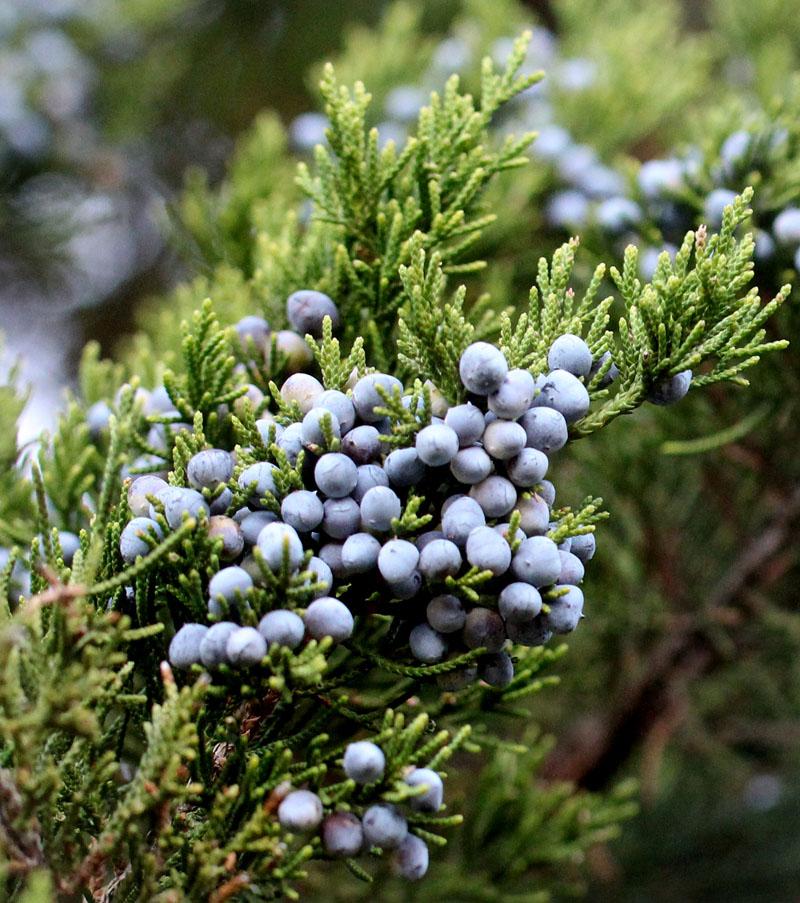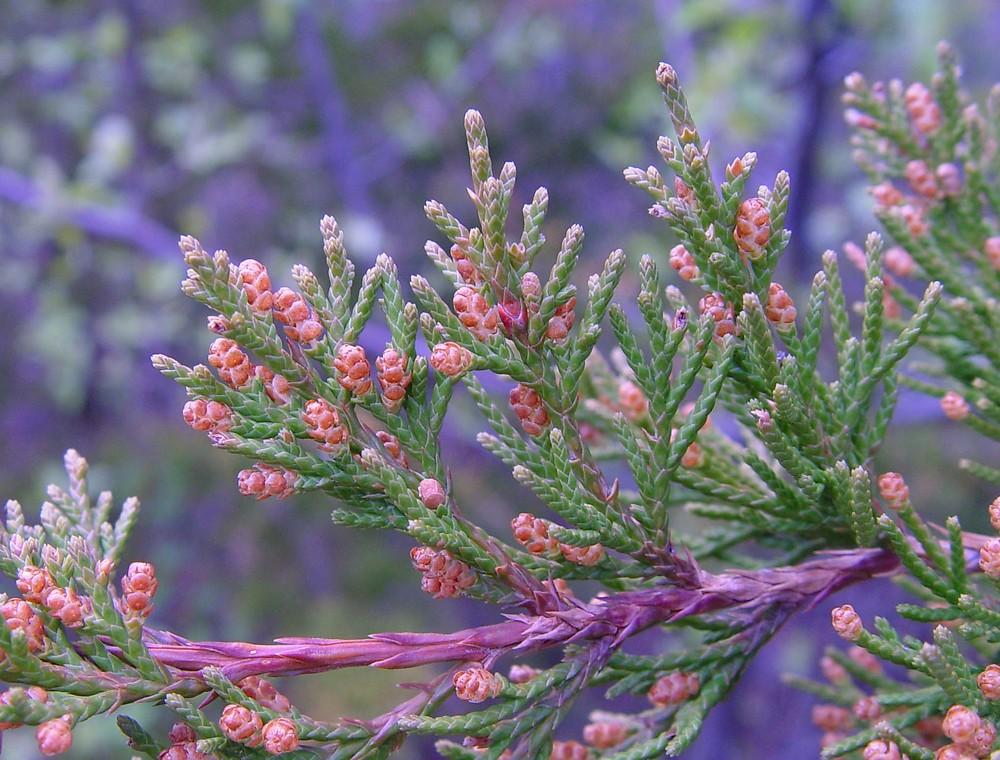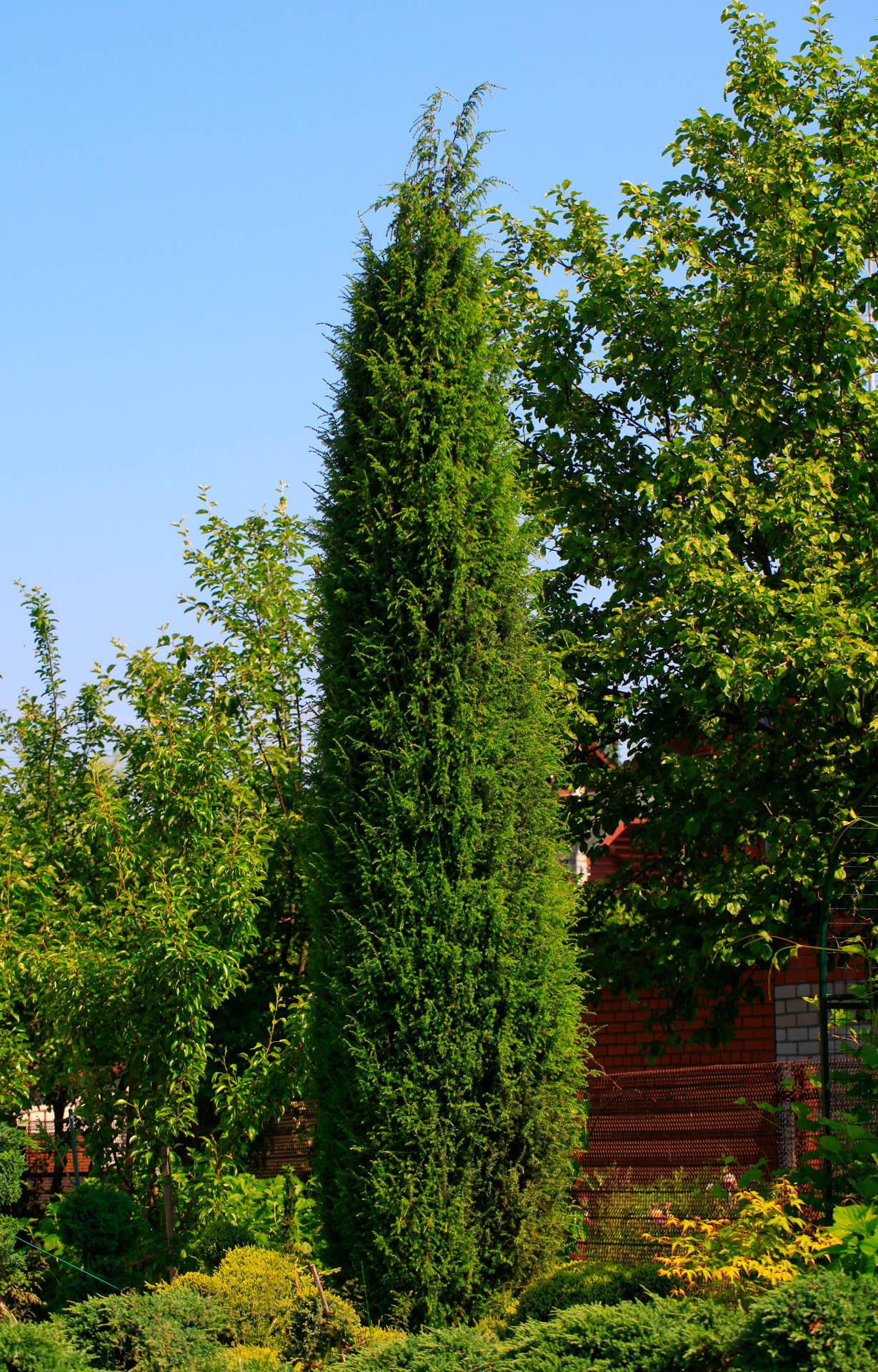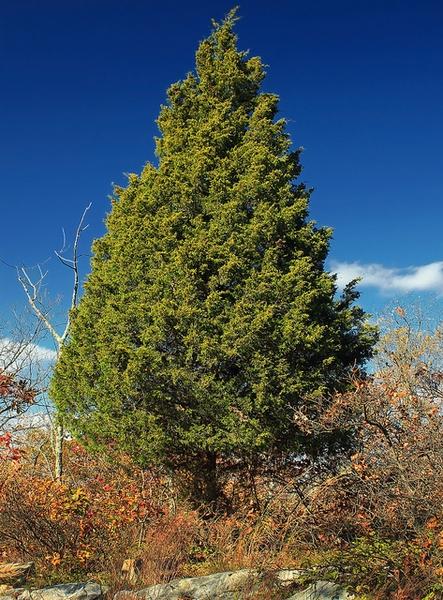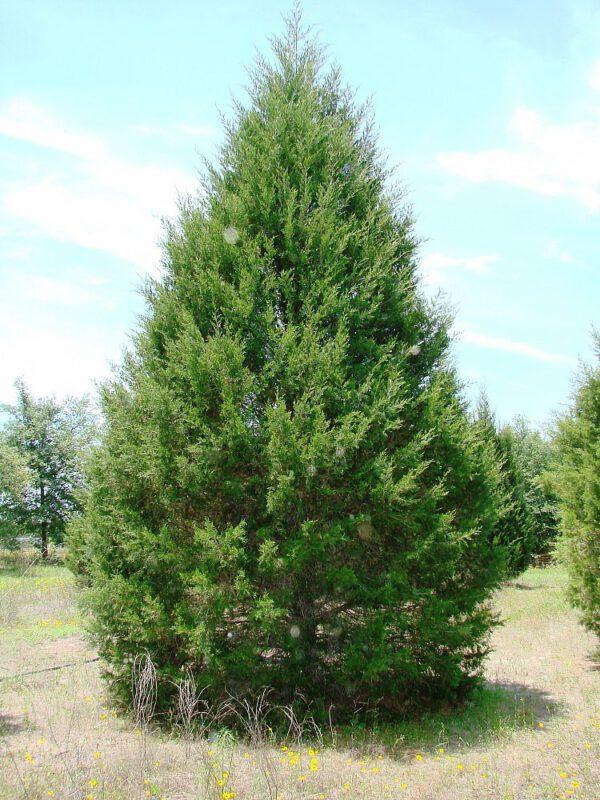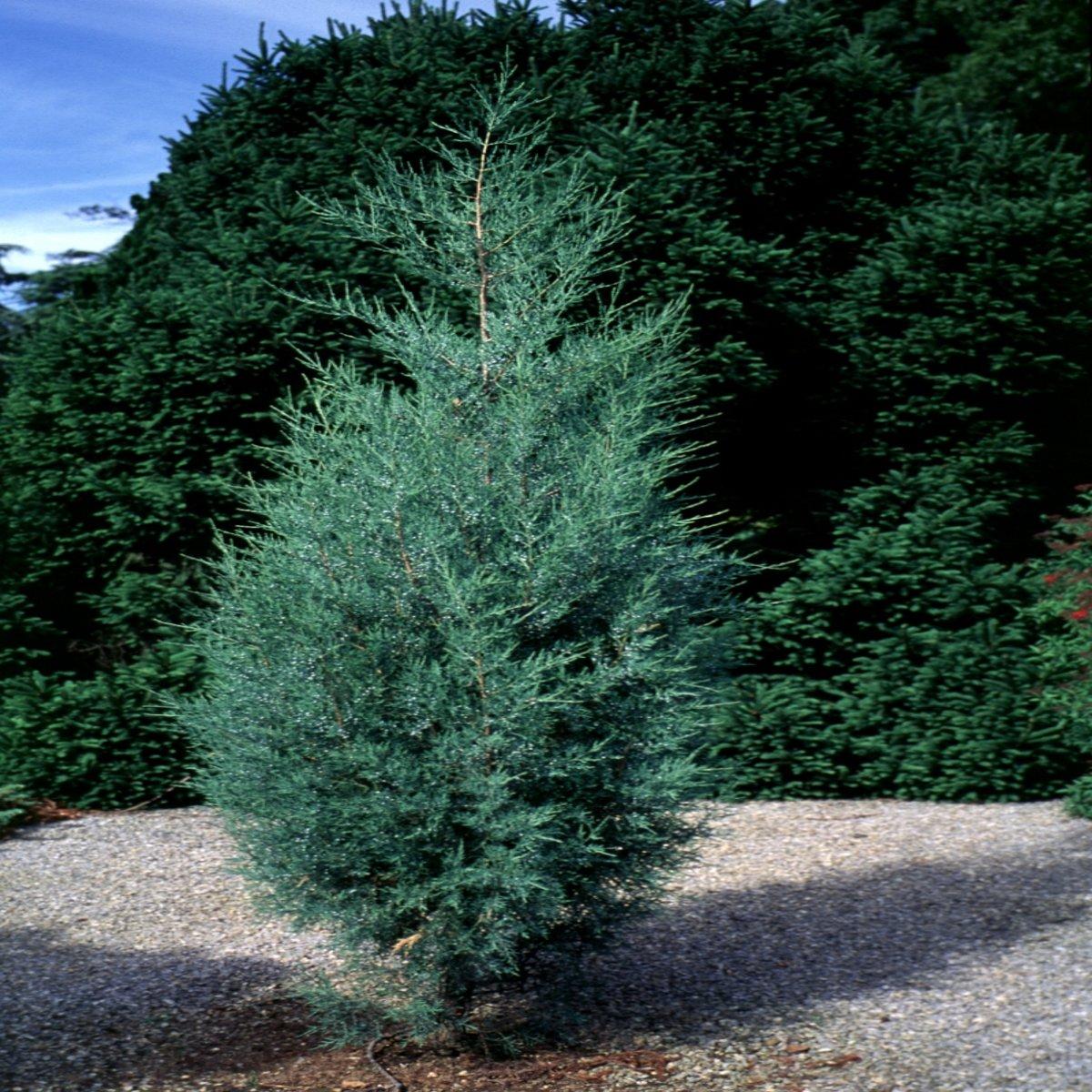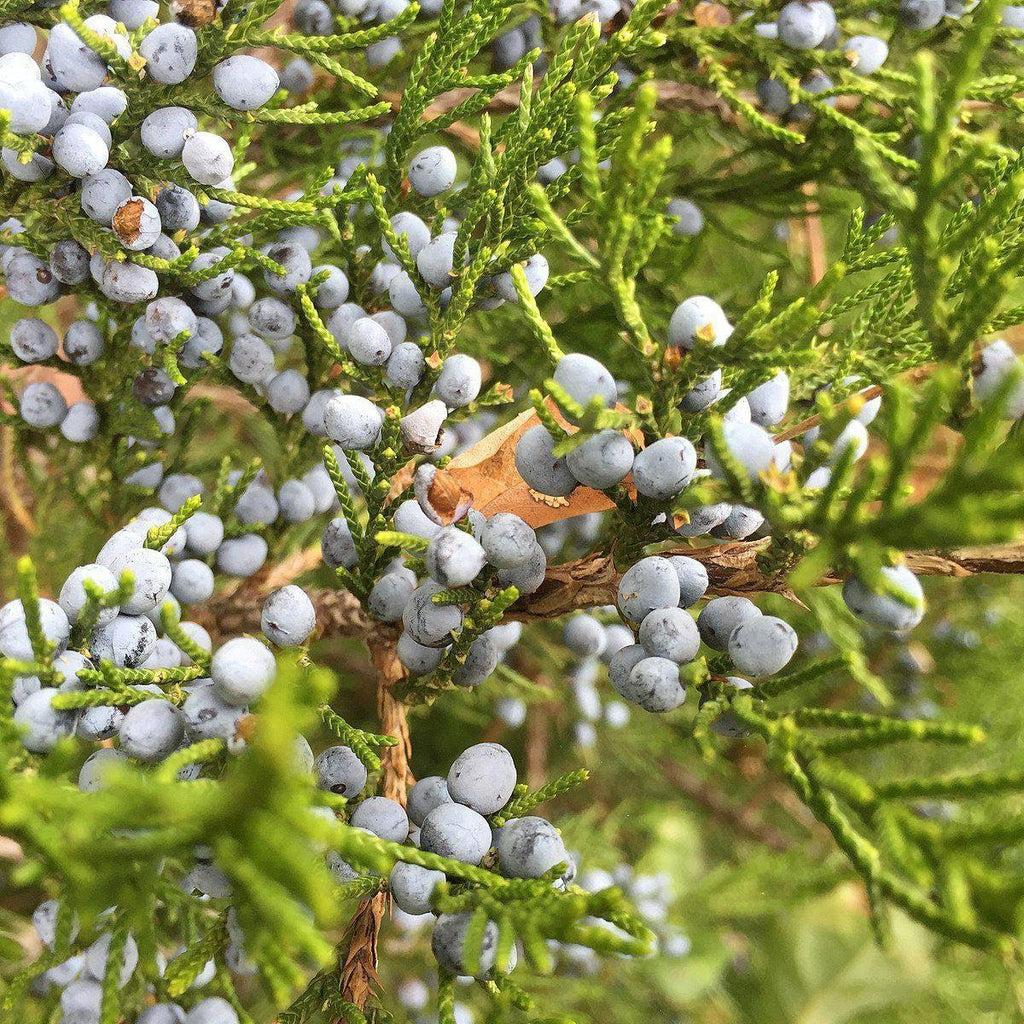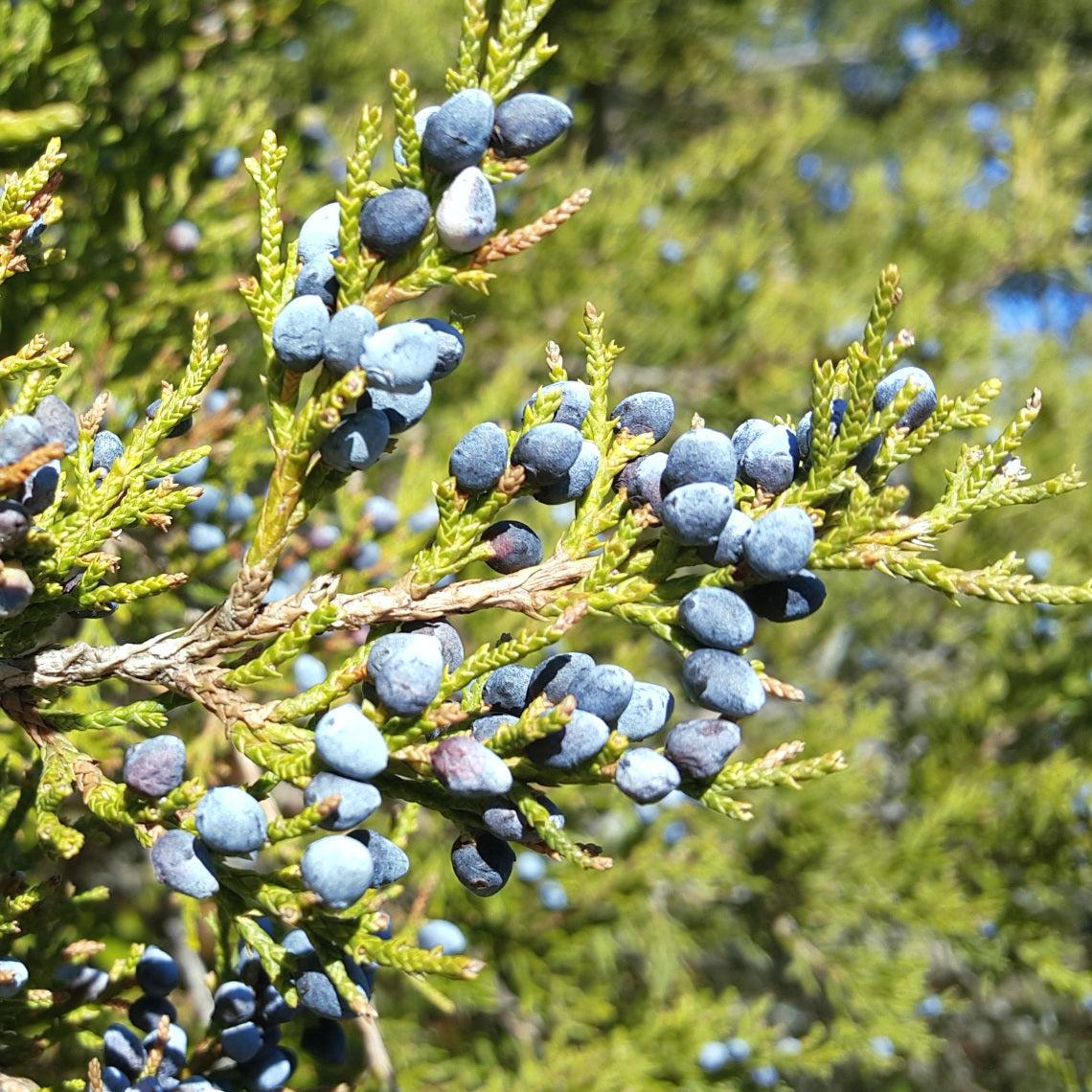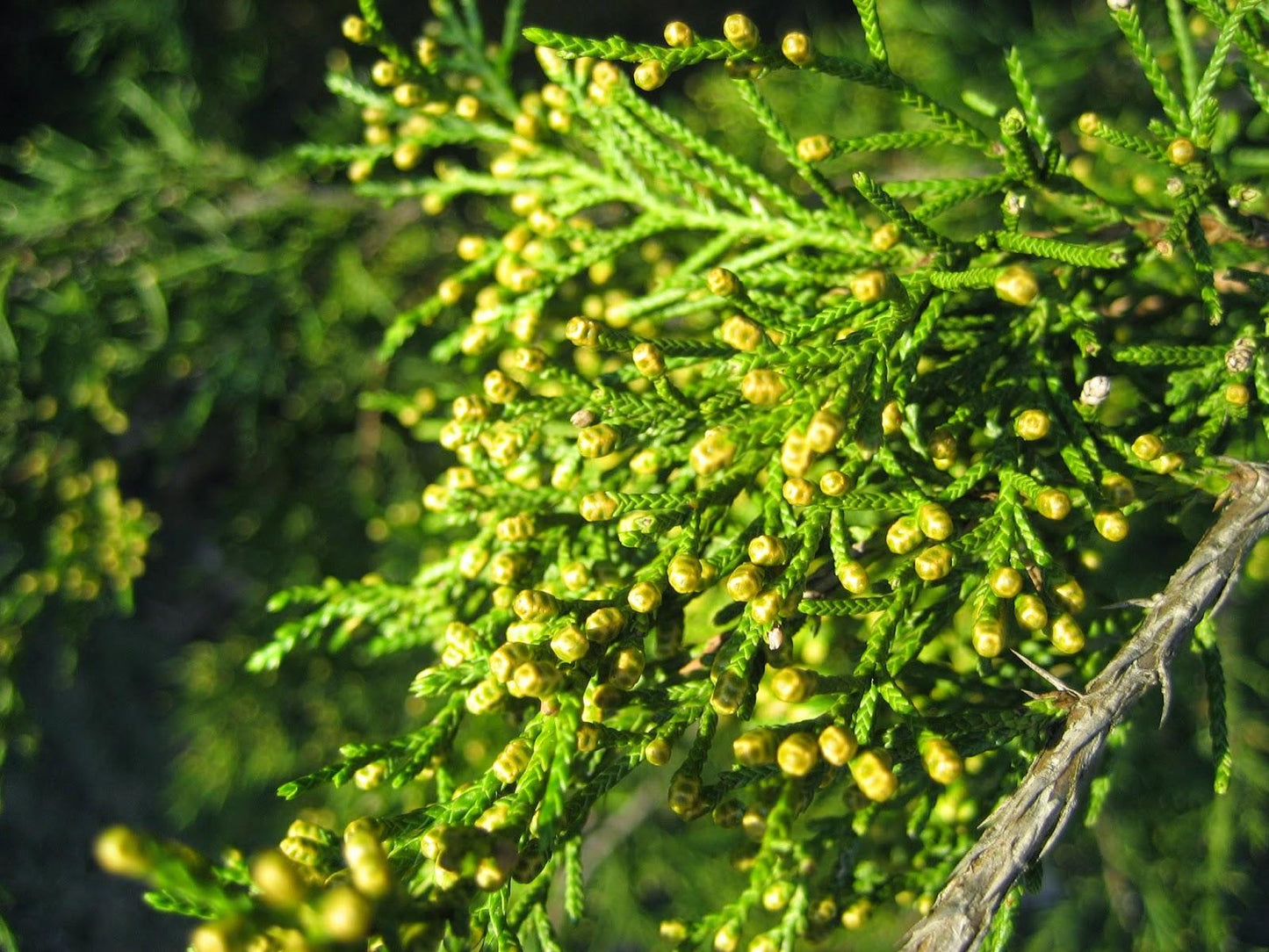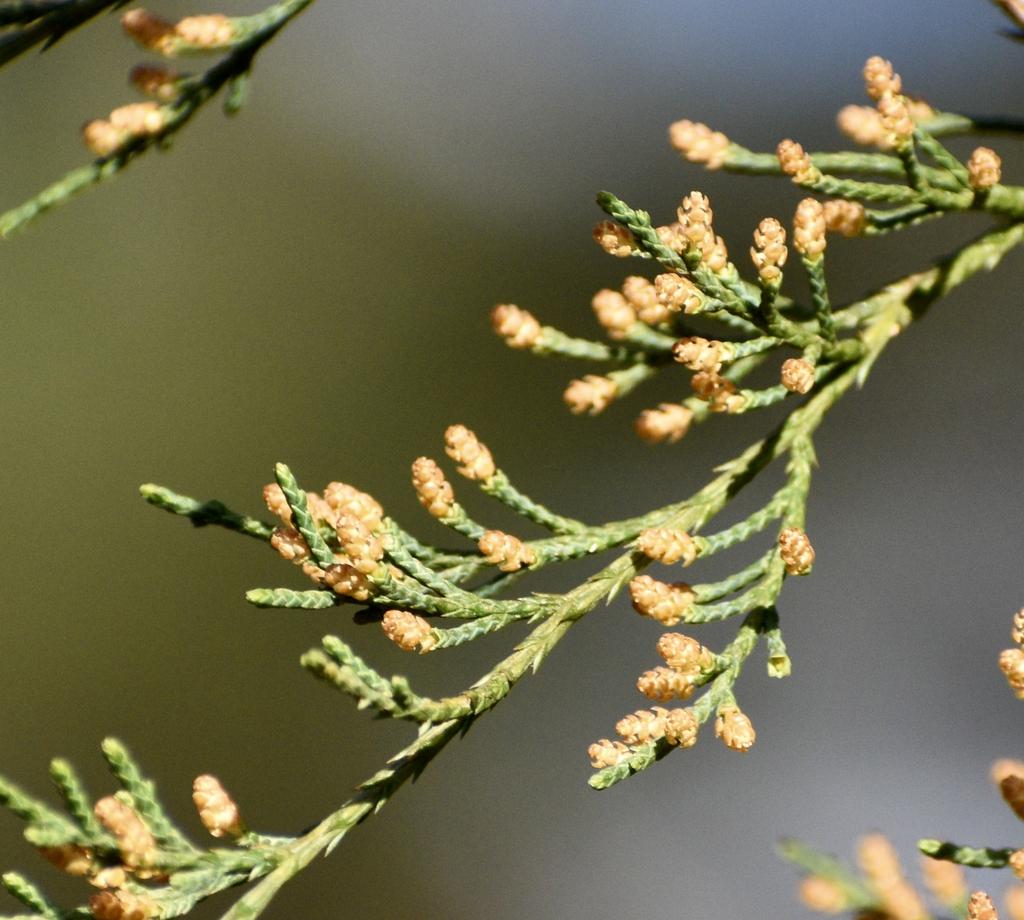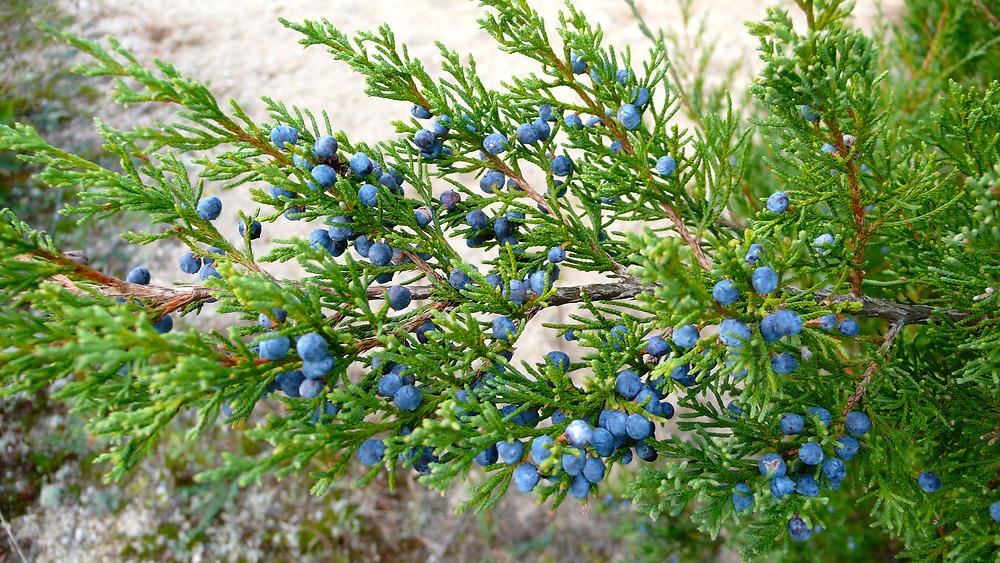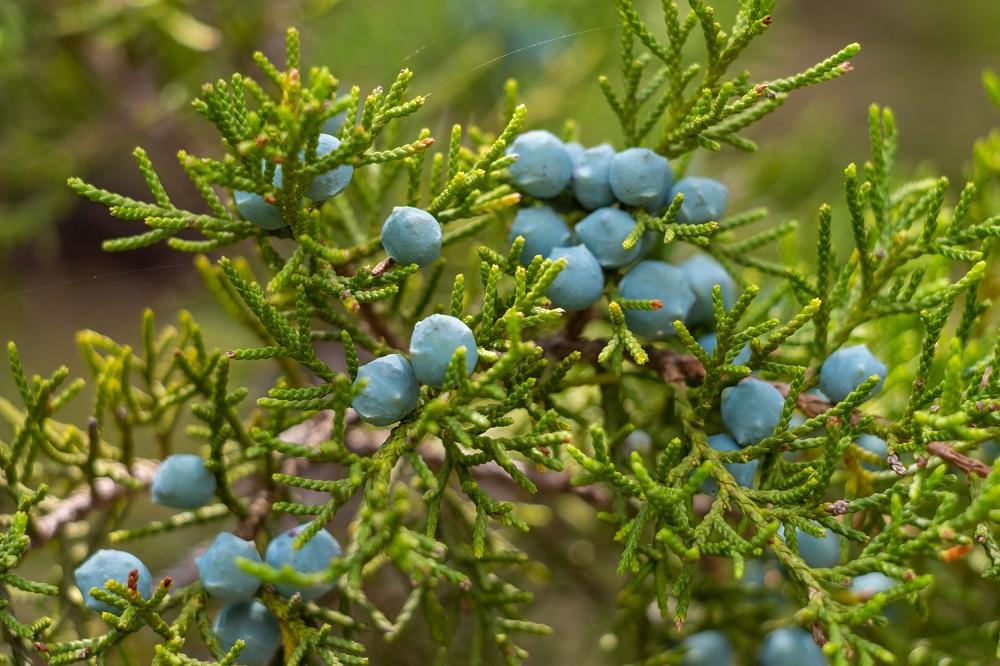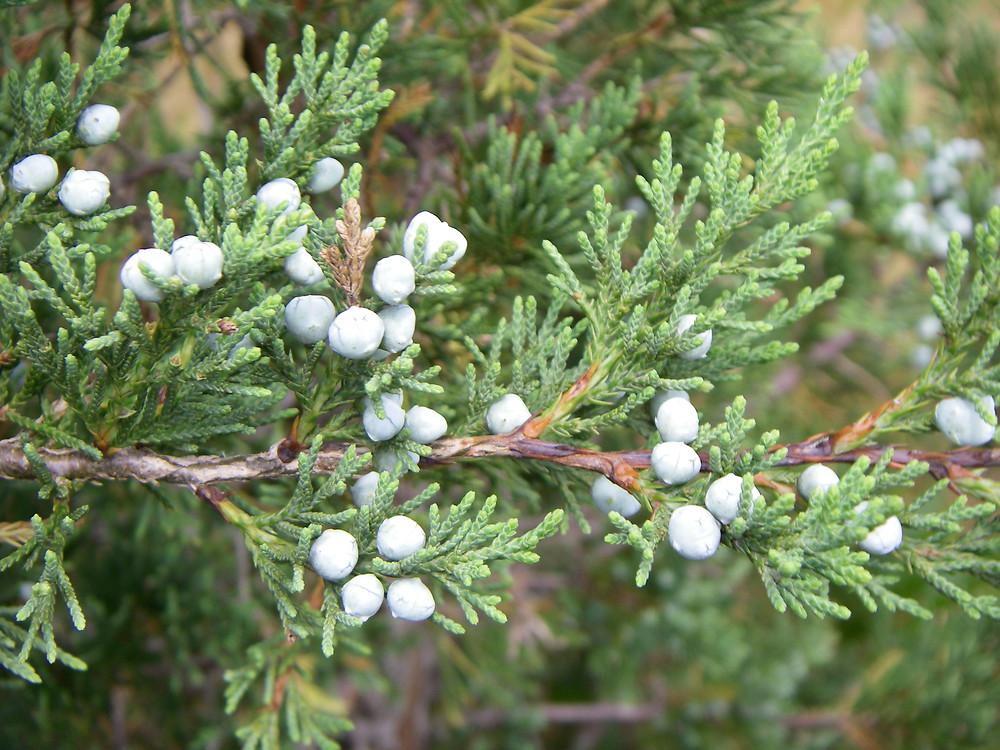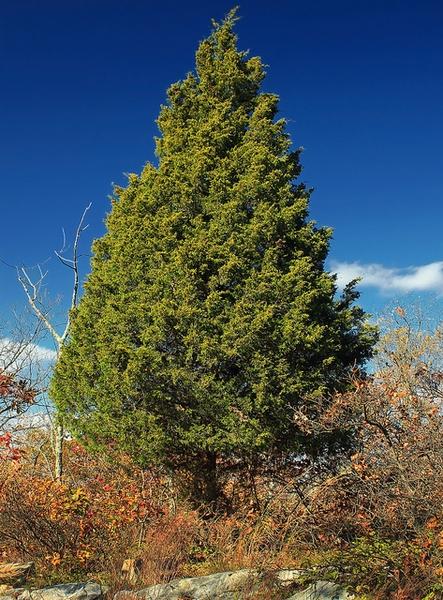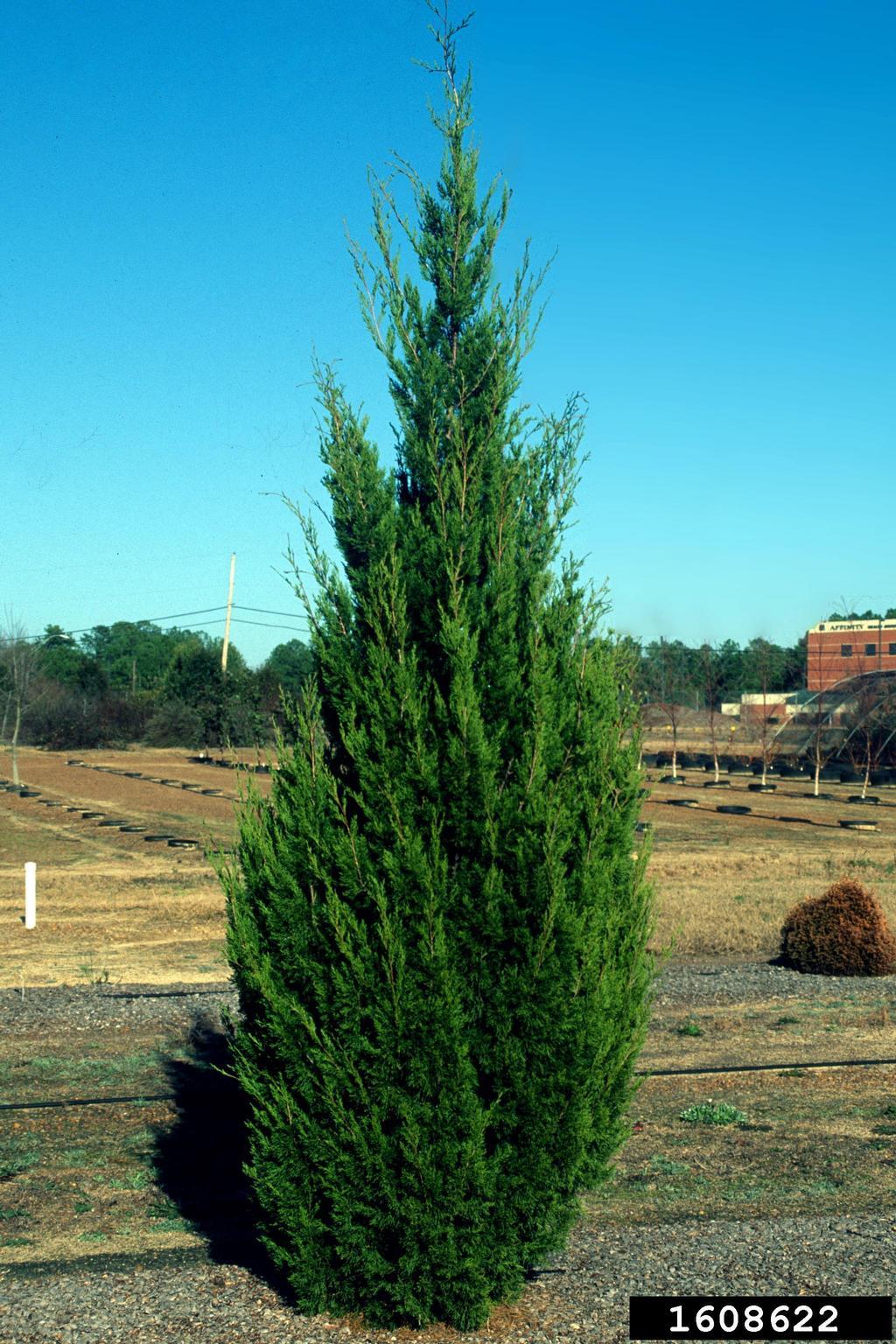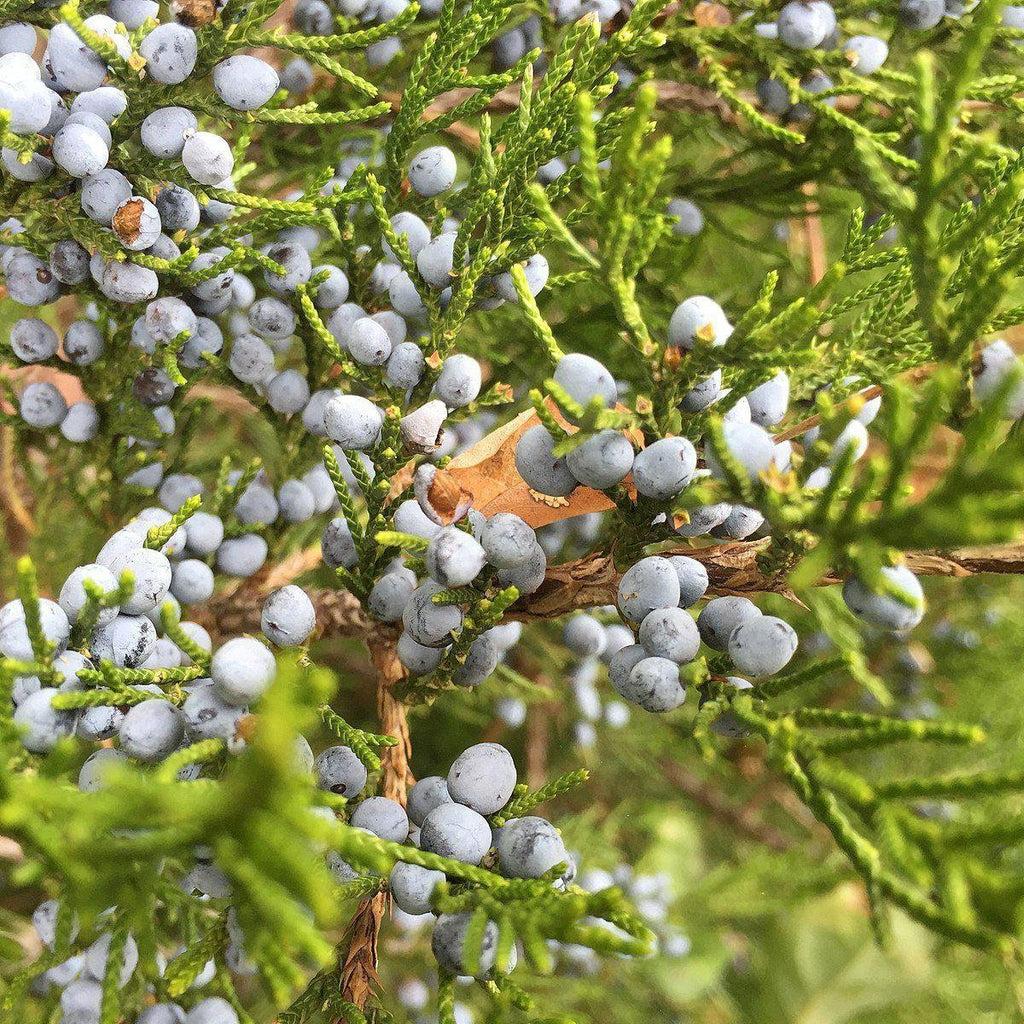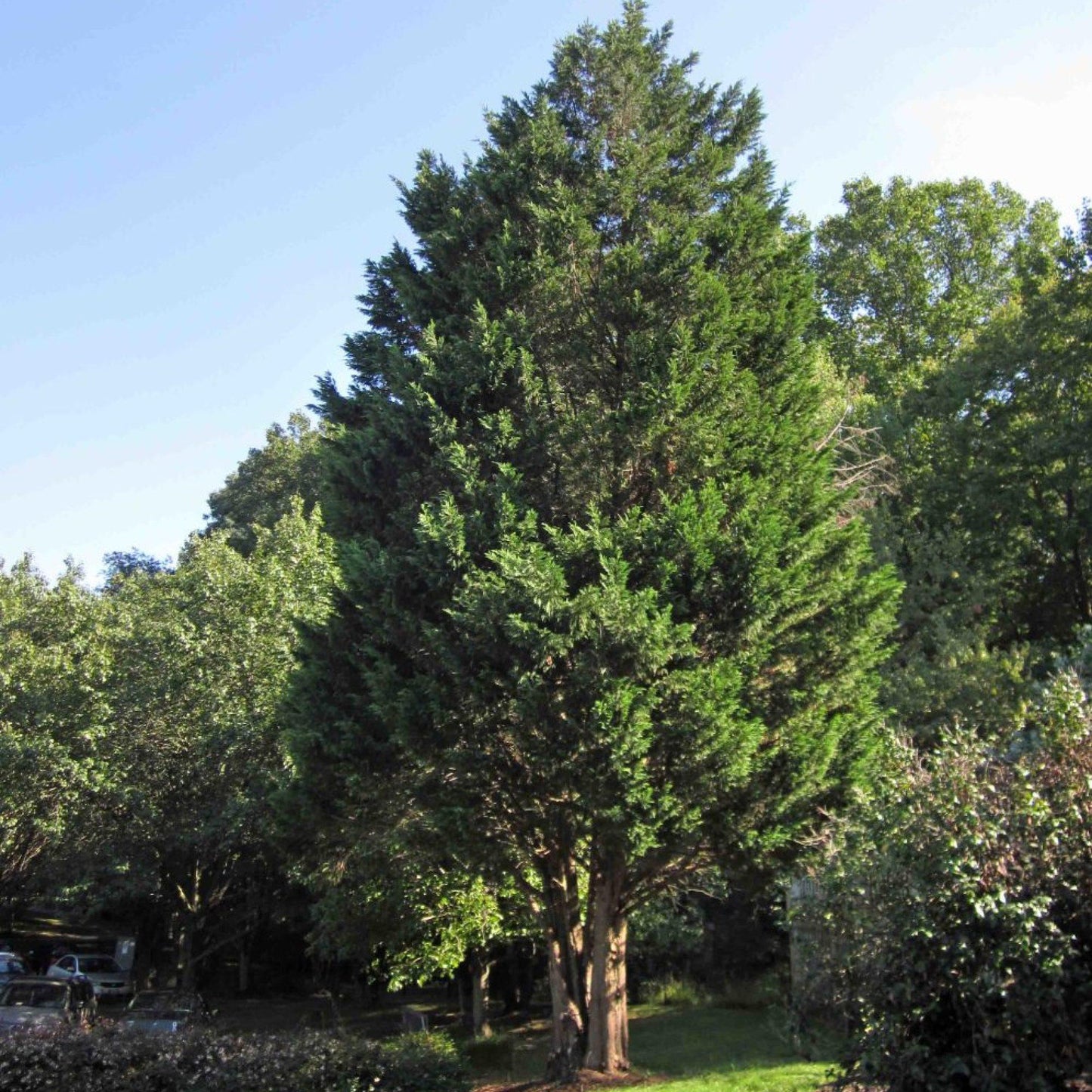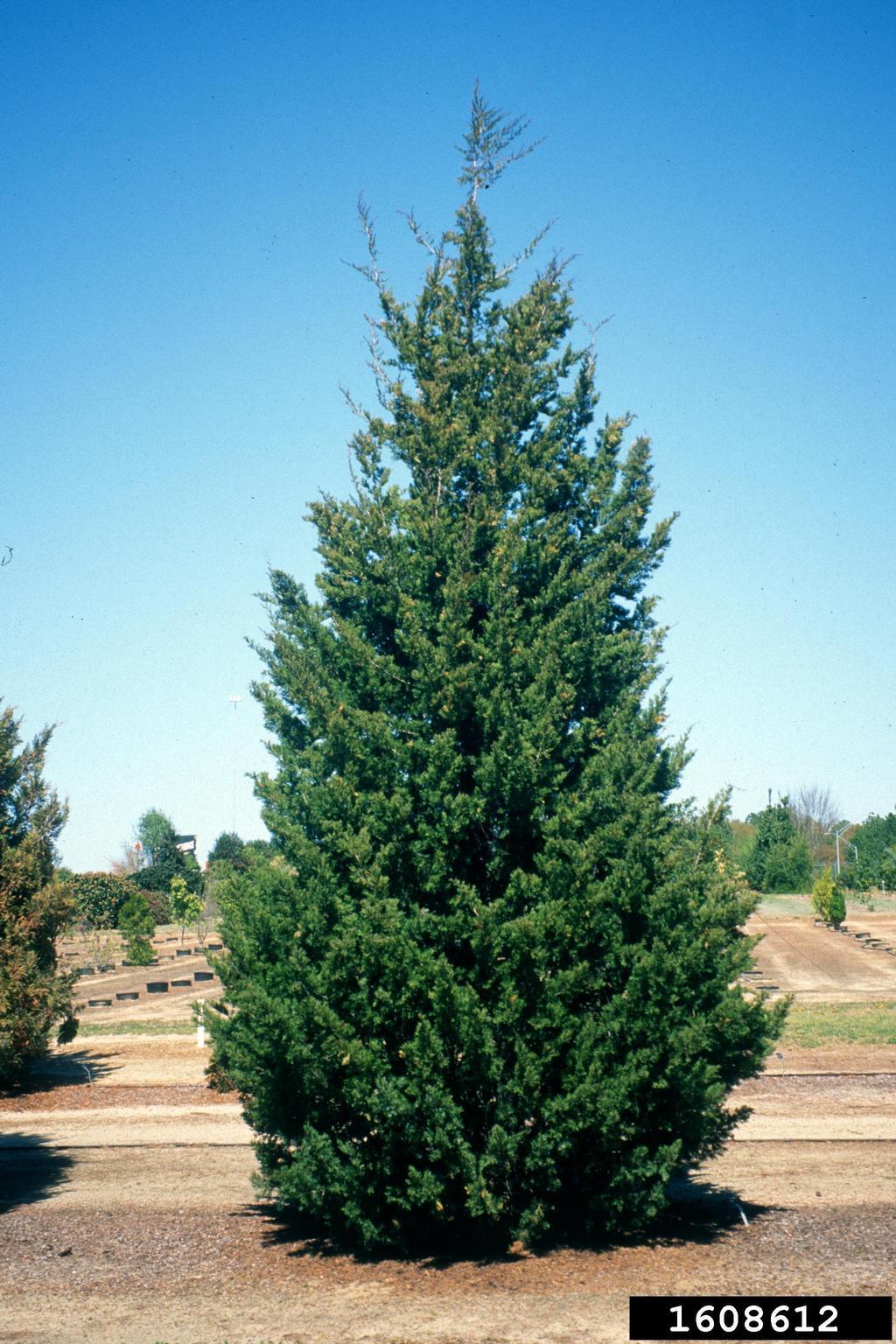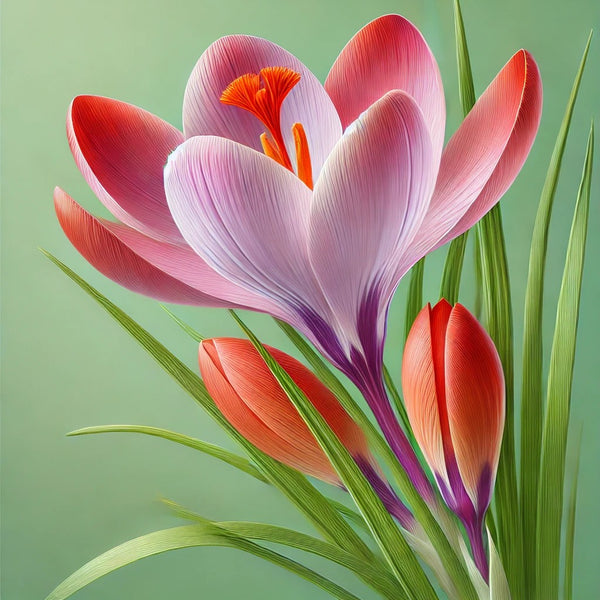1
/
of
18
Eastern Redcedar-Juniperus virginiana-Dense Foliage 8/10' h B&B
Eastern Redcedar-Juniperus virginiana-Dense Foliage 8/10' h B&B
Regular price
$1,448.00 USD
Regular price
$1,882.40 USD
Sale price
$1,448.00 USD
Unit price
/
per
Shipping calculated at checkout.
SKU:nte0462-redcrocus
Couldn't load pickup availability
Juniperus virginiana
Description
Juniperus virginiana, commonly known as Eastern Redcedar, is a coniferous evergreen tree native to eastern North America. It is known for its aromatic wood and dense foliage, which provides excellent cover and nesting sites for wildlife. The tree can vary in shape from columnar to broadly conical and is often used for windbreaks and privacy screens.
Suggested Uses
Eastern Redcedar is ideal for use as a windbreak, privacy screen, or as a specimen tree in large landscapes. It is also suitable for naturalizing in wildlife gardens and can be used in reforestation projects. Its wood is valued for making cedar chests and other aromatic wood products.
Plant Details
-
 Botanical Name: Juniperus virginiana
Botanical Name: Juniperus virginiana -
 Common Name: Eastern Redcedar
Common Name: Eastern Redcedar -
 Size & Growth: 40-50 feet tall, 8-20 feet wide
Size & Growth: 40-50 feet tall, 8-20 feet wide -
 Hardiness Zones: 2-9
Hardiness Zones: 2-9 -
 Foliage Type: Evergreen
Foliage Type: Evergreen -
 Bloom Time: Non-flowering
Bloom Time: Non-flowering -
 Growth Rate: Moderate
Growth Rate: Moderate -
 Light Requirements: Full sun to partial shade
Light Requirements: Full sun to partial shade -
 Attracts Pollinators: Yes, attracts birds
Attracts Pollinators: Yes, attracts birds -
 Indoor Friendly: No
Indoor Friendly: No -
 Container Friendly: No
Container Friendly: No -
 Deer Resistant: Yes
Deer Resistant: Yes -
 Pet Warning: Non-toxic
Pet Warning: Non-toxic -
 Fragrant: Yes, aromatic foliage
Fragrant: Yes, aromatic foliage -
 Cut Flower: No
Cut Flower: No -
 Grows Well With: Oaks, Pines, and other native trees
Grows Well With: Oaks, Pines, and other native trees
Care Tips
-
 Planting Instructions: Plant in early spring or fall for best results.
Planting Instructions: Plant in early spring or fall for best results. -
 Soil Moisture: Drought tolerant once established
Soil Moisture: Drought tolerant once established -
 Soil Type: Prefers well-drained, sandy soils
Soil Type: Prefers well-drained, sandy soils -
 Humidity: Tolerates a wide range of humidity levels
Humidity: Tolerates a wide range of humidity levels -
 Pruning Instructions: Prune to shape in late winter or early spring
Pruning Instructions: Prune to shape in late winter or early spring -
 Winter Care: Mulch to protect roots in extreme cold
Winter Care: Mulch to protect roots in extreme cold -
 Planting Depth: Plant at the same depth as in the nursery pot
Planting Depth: Plant at the same depth as in the nursery pot -
 Fertilization: Fertilize in early spring with a balanced fertilizer
Fertilization: Fertilize in early spring with a balanced fertilizer -
 Special Care: Regularly check for bagworms and other pests
Special Care: Regularly check for bagworms and other pests
Share
